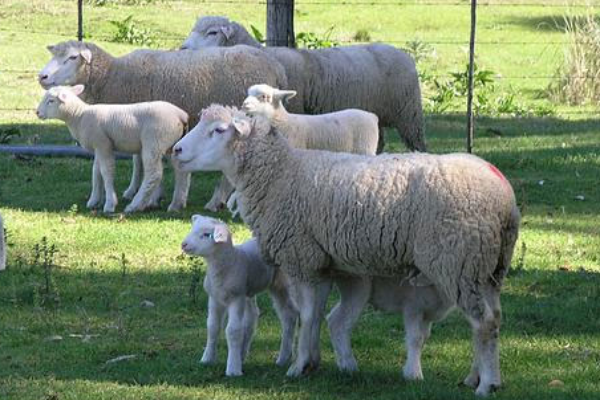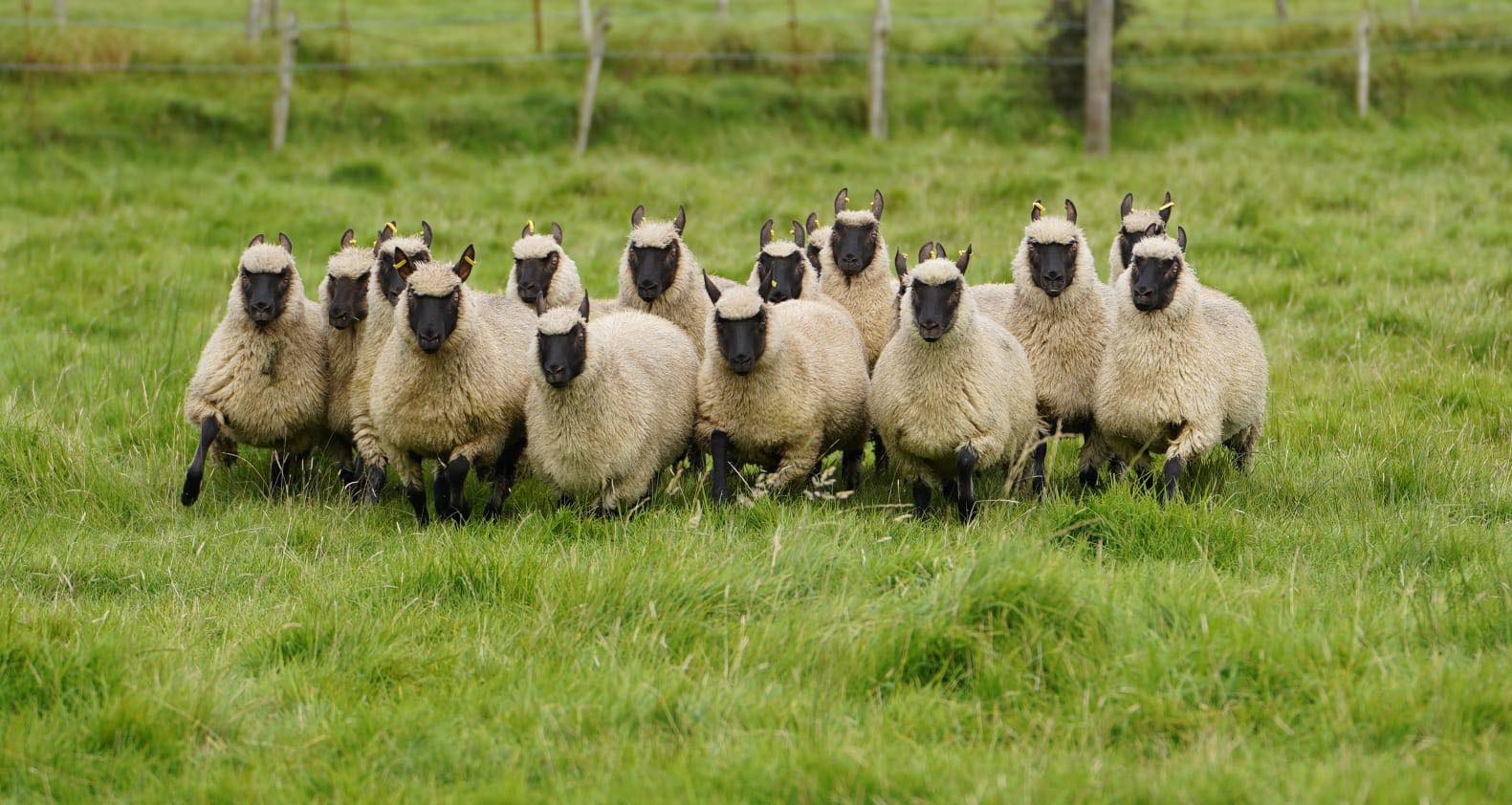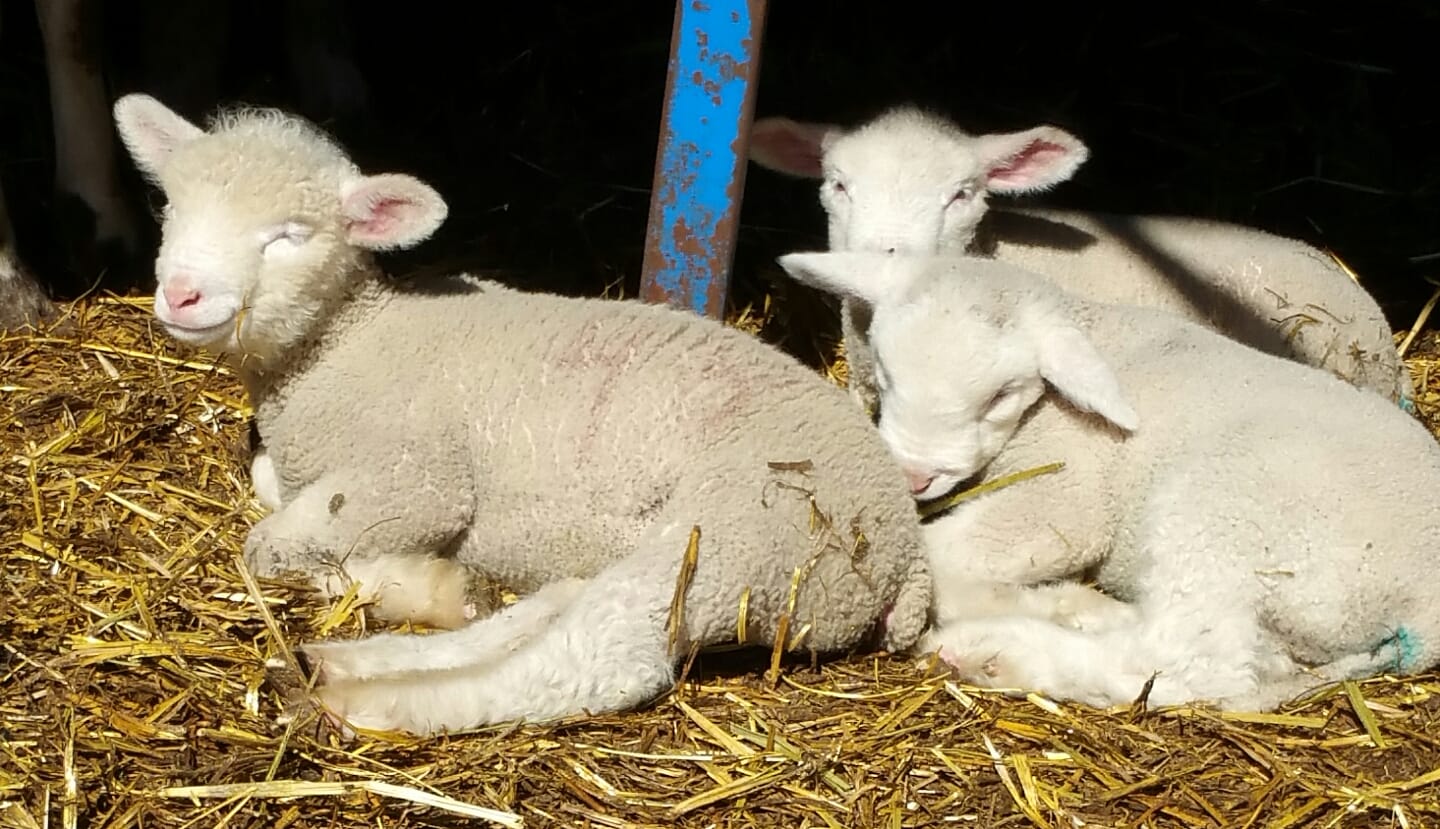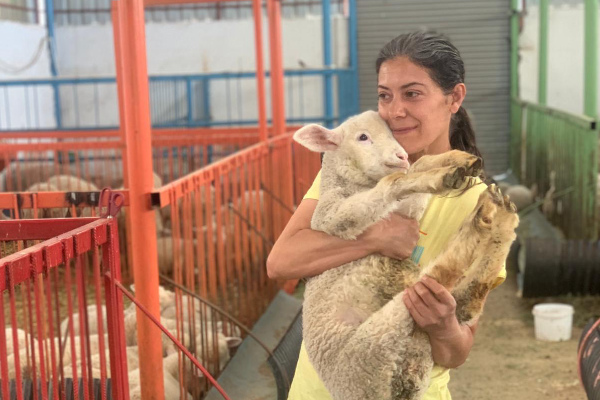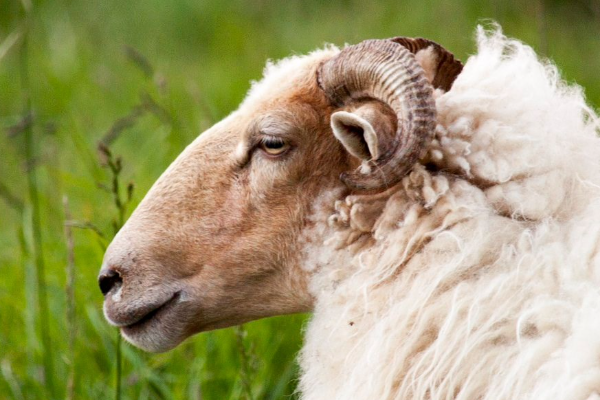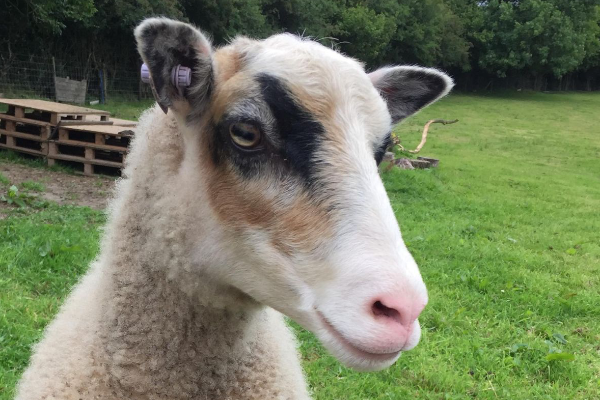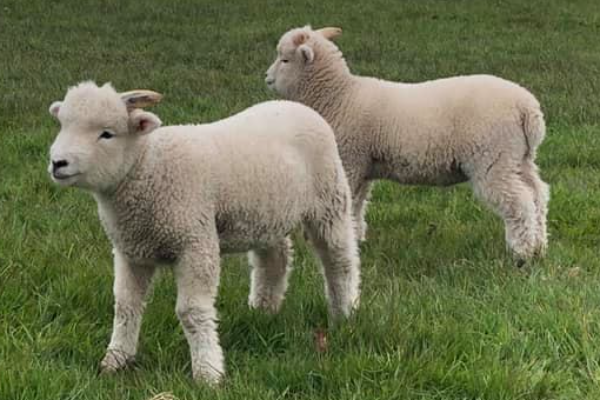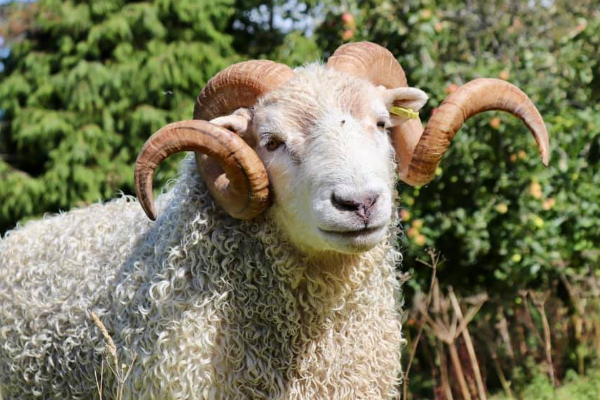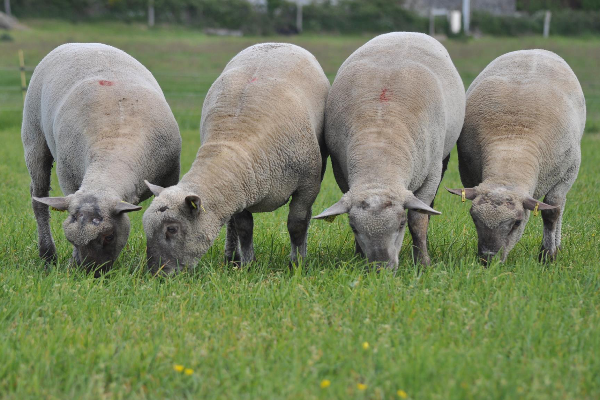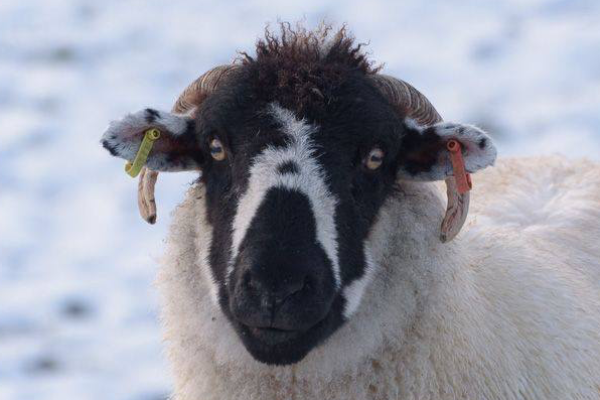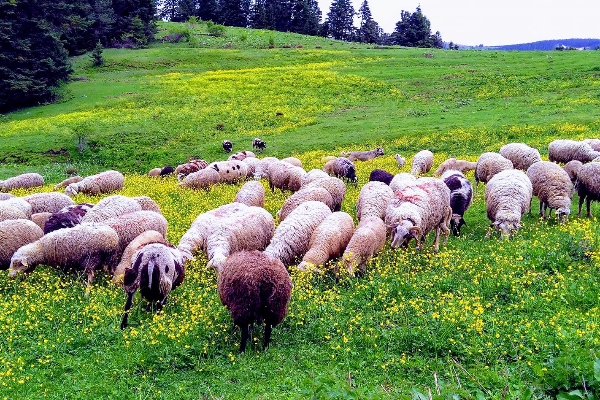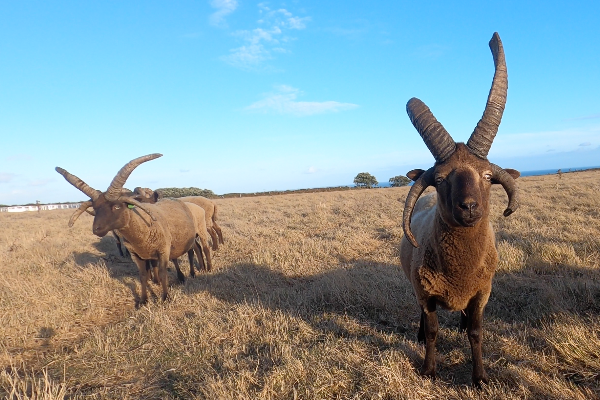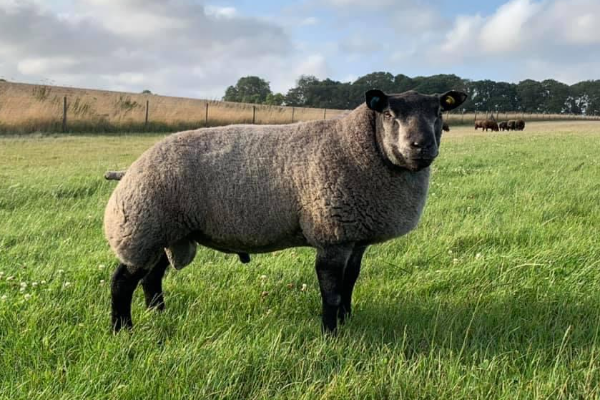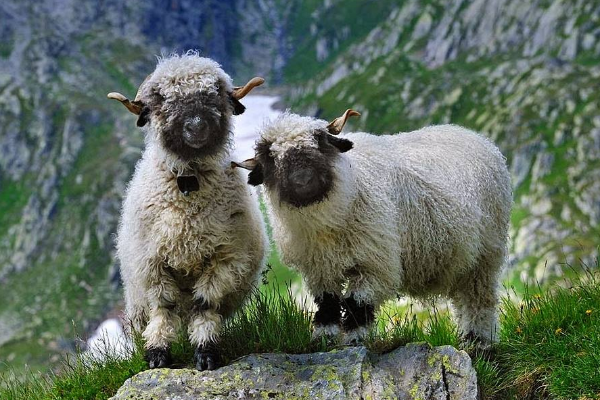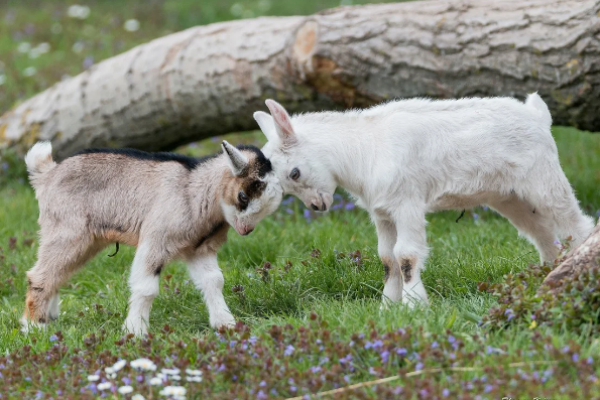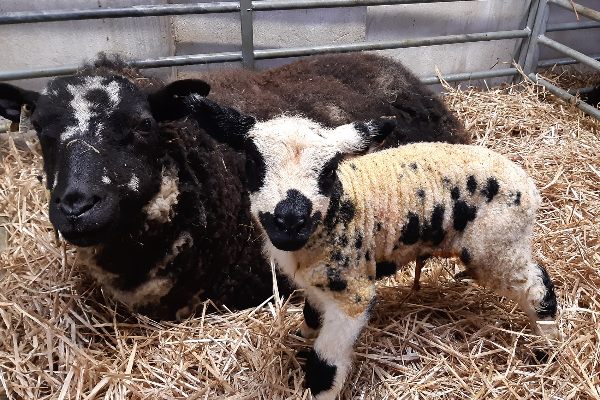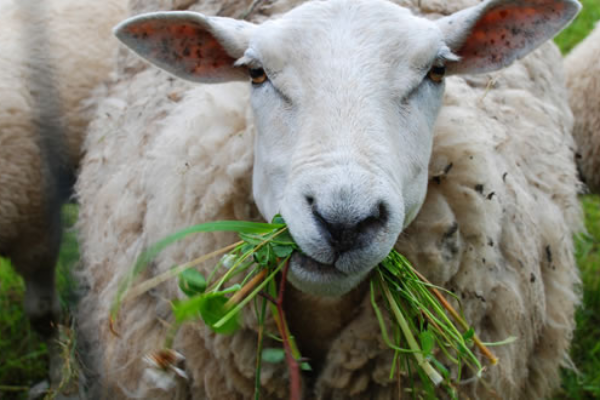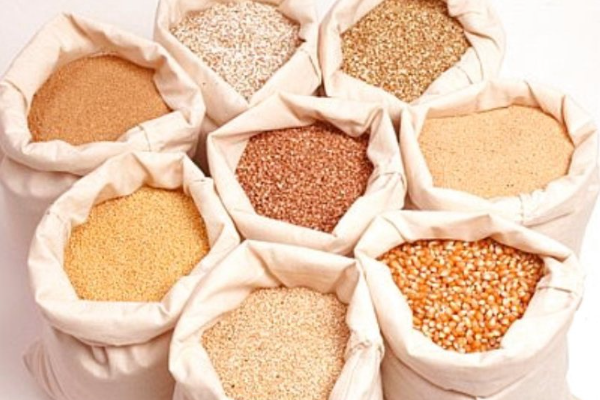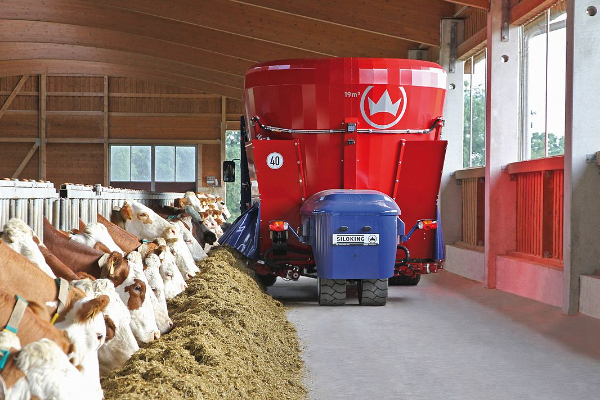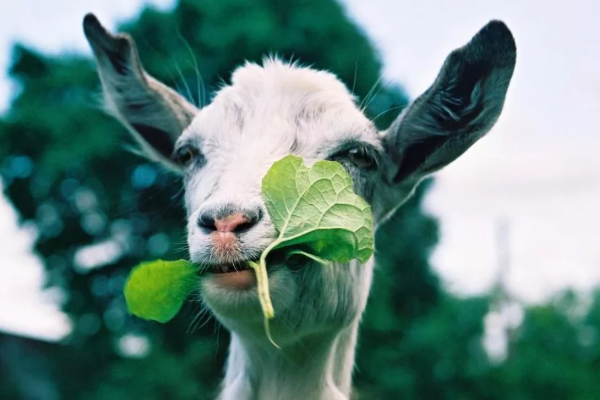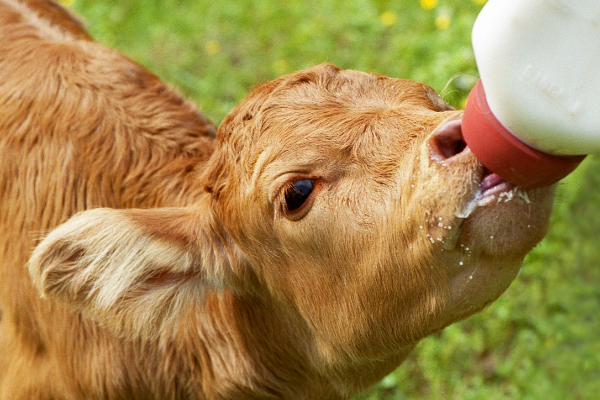Ile De France Sheep
What is the history of Île de France Sheep?
The Île-de-France is a breed of sheep native to the French region of Île-de-France near Paris. This breed was developed in the Ile de France region around Paris, a region charged with history, but also an agricultural region, with crops and pasture, grassland sheep and housed sheep.It was a professor at the Veterinary School of Maisons-Alfort who, at the beginning of the 19th century, had the idea of crossing a Merino bloodline, reared mainly for its wool, with Dishley stock, a meat breed of English origin.
In 50 years this cross-breeding resulted in a stable breed whose original improvement was due exclusively to empirical means of selection on type.
It was after 1960 that breeders made the choice of adopting the modern tools of quantitative genetics to improve their collective selection structure.
A breed association was formed in 1933, and it was rigorously tested early on its breeding for meat characteristics and maternal qualities. One of the major meat breeds, the Ile de France sheep is an animal with very high performances, with the best level of genetic guarantee in the world, and which has demonstrated its ability to adapt to all breeding systems and to regions with extremely varied climates.
What are the characteristics of Île de France Sheep?
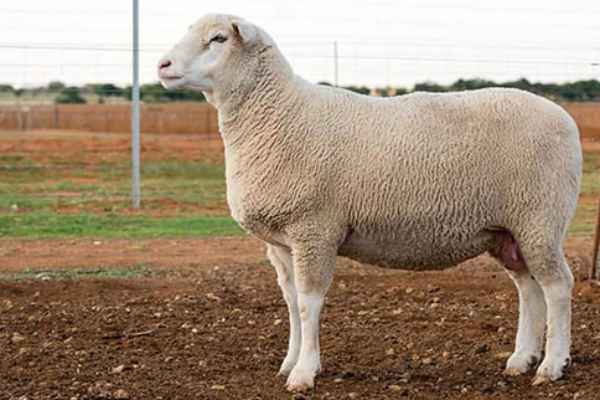
Ewes still produce lambs at the age of 9-10 years depending on nutrition. The case on record of a ewe of 11 years that produced 29 lambs is indeed proof to substantiate this fact.
This trait opens opportunities for farmers wanting to lamb three times in two years.
Both rams and ewes are naturally polled.
The Ile de France sheep heavy and early-maturing breed is characterized by a good balance between meat production traits and maternal qualities (prolificacy, suckling abilities).
It reaches its full potential in sheepfold farming systems, with autumn lambing. It also adapts well to free-range or semi-free-range systems, with or without complementary feed for lambs, depending on objectives and sales periods.
Its natural capacity for out-of-season lambing makes it possible to mate ewe lambs at 9-10 months, and then establish yearly autumn lambing.
Lambs are exceptionally well-conformed and have a high growth rate, which makes the Ile de France a breed that can be used both as a purebred and in crossbreeding to improve the meat production performance of more hardy breeds.
Prolificacy after natural estrus:
- 30-day weight (singleton male): 14.5 kg
- 70-day weight (singleton male): 28.9 kg
- Average Daily Gain 30-70 days (singleton male): 354 g
The lambs are born with a good covering of wool, and adapt well to cold climates.
The wool plays its insulating role in both cold and hot climates. Ile de France ewes prosper in the south of France, and also in Morocco, South Africa and Brazil, in conditions of extreme heat.
Ile de France has been widely exported since the 50s. The breed can be found on all 5 continents, and demand remains strong in western and eastern European countries, in the Mediterranean belt, and South America.
The Ile de France sheep breed was stabilized from a Merino bloodline. It has kept its qualities as a wool breed. Ile de France fleece wool has high blue test readings meaning it is very white. Ile de France has very soft high bulk wool adding to its value.
The Ile de France breed does not have fleeces which run weak at the points, around the belly and along back line. They do not suffer from fleece tenderness due to their ability to thrive in adverse conditions.
The Ile De France Ewes produce between 3 and 4 kg of wool a year, the Ile De France Rams 4 to 6 Kg, for a fineness of wool of 25 to 30 µ.
What is the weight of mature Île de France Sheep?
The mature Île-de-France ram weighs 100 - 145 kg and Ile De France ewe weighs 70 - 90 kgFind a BreederMore
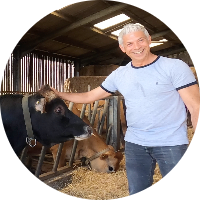
Written by
H Cetin KATIRCI
Online ShepherdBreedsMore
IllnessesMore
Forage cropsMore
![]() Патологическая физиология голодания Arina TARAN
Патологическая физиология голодания Arina TARAN![]() Дефицит фосфора (гипофосфатемия) Hipofosfatemi Arina TARAN
Дефицит фосфора (гипофосфатемия) Hipofosfatemi Arina TARAN![]() Какие бывают кормораздатчики для ферм КРС? Irina Makarova
Какие бывают кормораздатчики для ферм КРС? Irina Makarova![]() Кормушки для овец Diana Myakisheva
Кормушки для овец Diana Myakisheva![]() Питание домашних коз: что едят, виды корма и правила кормления Alina Arslantürk
Питание домашних коз: что едят, виды корма и правила кормления Alina Arslantürk![]() Важность минералов питании сельскохозяйственных животных Irina Makarova
Важность минералов питании сельскохозяйственных животных Irina Makarova

